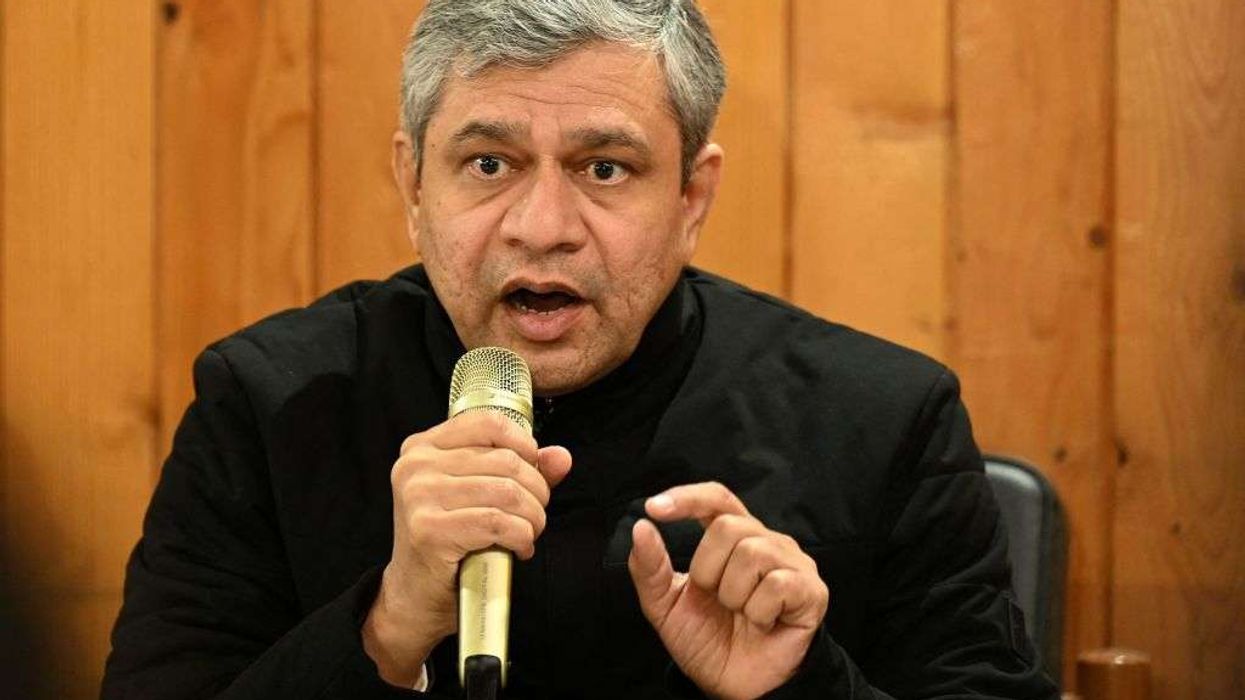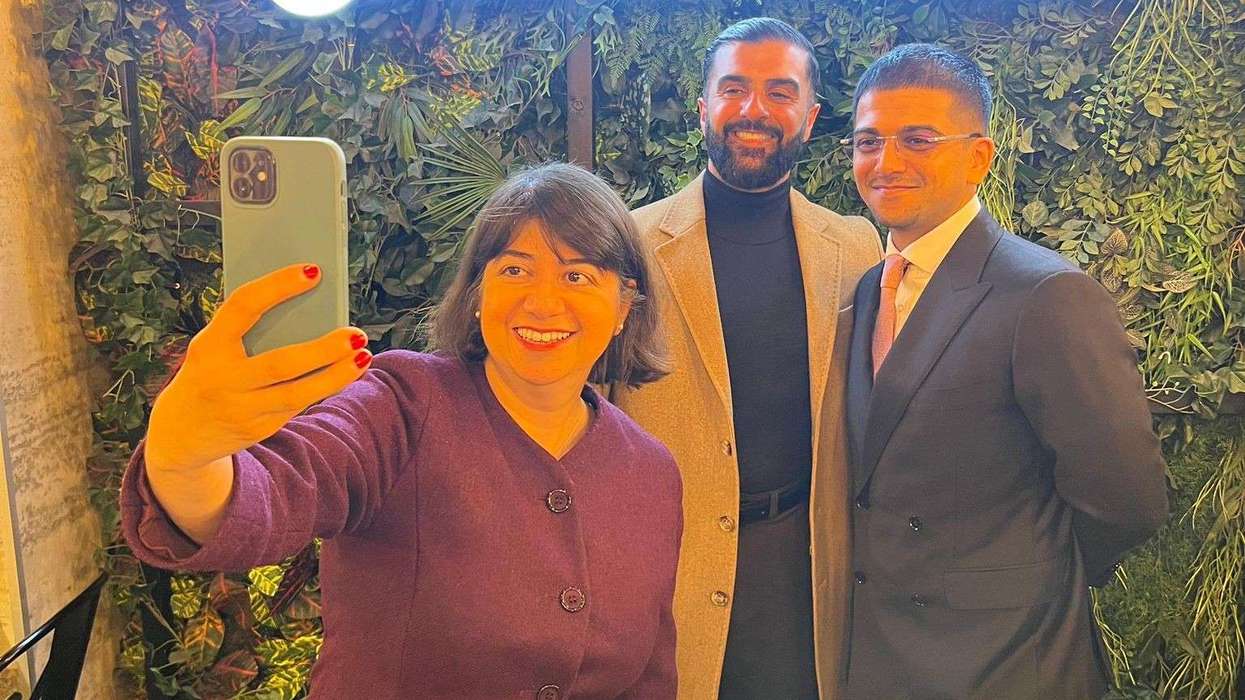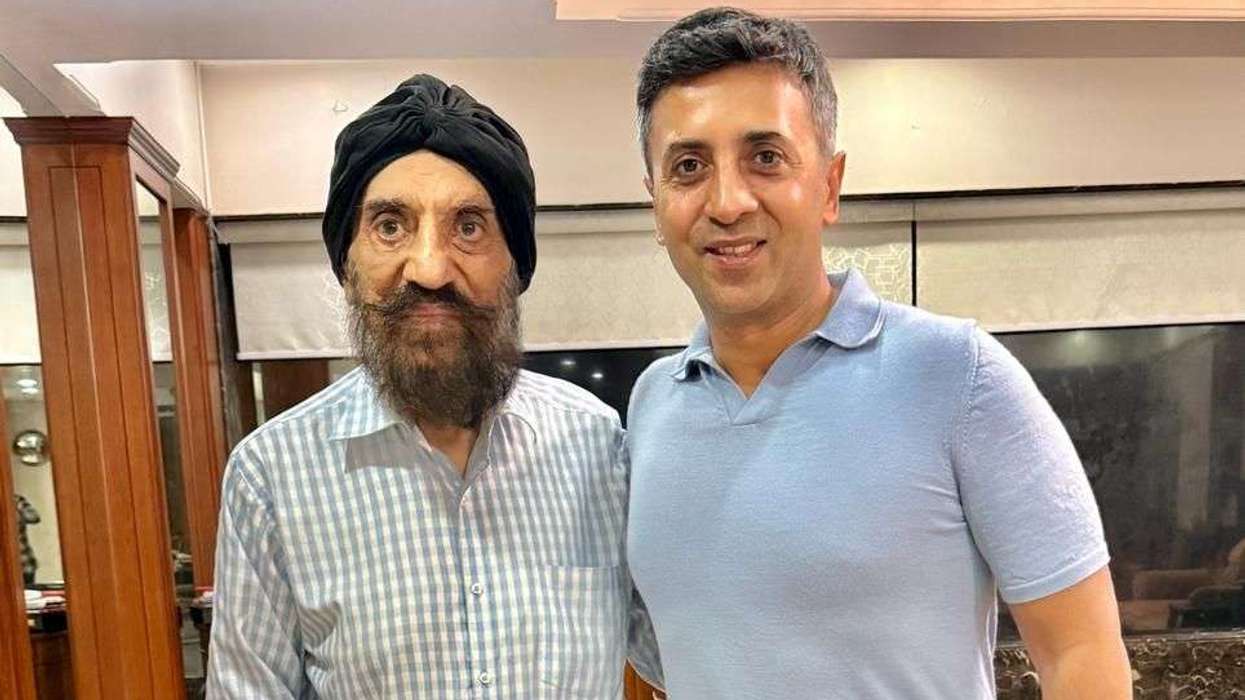THREE cabinet colleagues of Indian prime minister Narendra Modi are promoting use of apps by domestic rivals to Google Maps, WhatsApp and Microsoft, in the strongest backing yet for "Made in India" products amid trade tension with the US.
After the US imposed a 50 per cent tariff on Indian imports in August, Modi has pushed for use of "swadeshi" products, or those made in India.
While many industry executives have made public calls to support Indian products, Modi made a direct appeal last month for Indians to scrap daily use of foreign goods.
Information technology minister Ashwini Vaishnaw gave a media presentation on highway projects this week he said was put together employing Zoho, a domestic rival to Microsoft's PowerPoint, and without use of Google Maps.
"The map is from MapmyIndia, not Google Maps," the minister said with a smile, referring to an Indian provider. "It's looking nice, right? Swadeshi."
Last week, Vaishnaw made a video clip testing Zoho software and asked people to adopt indigenous products in a post on X that drew 6.2 million views.
American brands are everywhere in India, and they are seen as an aspirational upgrade by millions.
While government and private offices use Microsoft products, many travellers rely on Google Maps to find their way about, and WhatsApp counts India as its biggest market, with more than 500 million users.
The three US companies did not respond to Reuters requests for comment.
Zoho offers cheaper alternatives to cloud-based software tools made by Microsoft. The Indian firm's billionaire co-founder, Sridhar Vembu, is famed for an unconventional approach of locating business operations in rural villages.
The firm's messaging app, Arattai, or "chat" in India's southern Tamil language, has gained sudden popularity, thanks to the efforts of commerce minister Piyush Goyal and education minister Dharmendra Pradhan.
"So proud to be on @Arattai, a #MadeInIndia messaging platform that brings India closer," Goyal said in an X post this week.
There were more than 400,000 downloads of the app last month, compared to fewer than 10,000 in August, data from market intelligence firm Sensor Tower shows. Its daily active users crossed 100,000 on September 26, an increase of 100 per cent on the day.
Indian companies find it difficult to replace global brands, since they often cannot match their financial clout and reach.
In 2021, Indian ministers promoted X-like social media platform Koo amid compliance-related disagreements with the American platform. But the Indian company shut last year for lack of funding.
"Only state patronage will not be enough," warned Dilip Cherian, a co-founder of Indian public relations firm Perfect Relations.
"What brands like Zoho need to succeed is a unique differentiating factor, deep pockets and strong protection against survelliance."
(Reuters)





